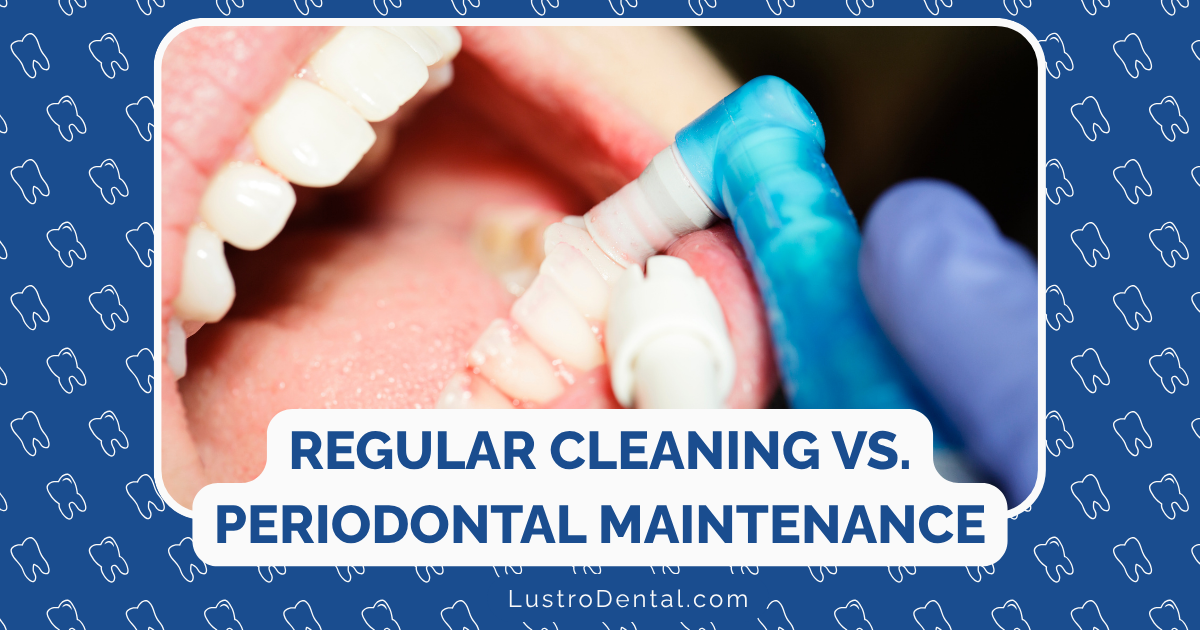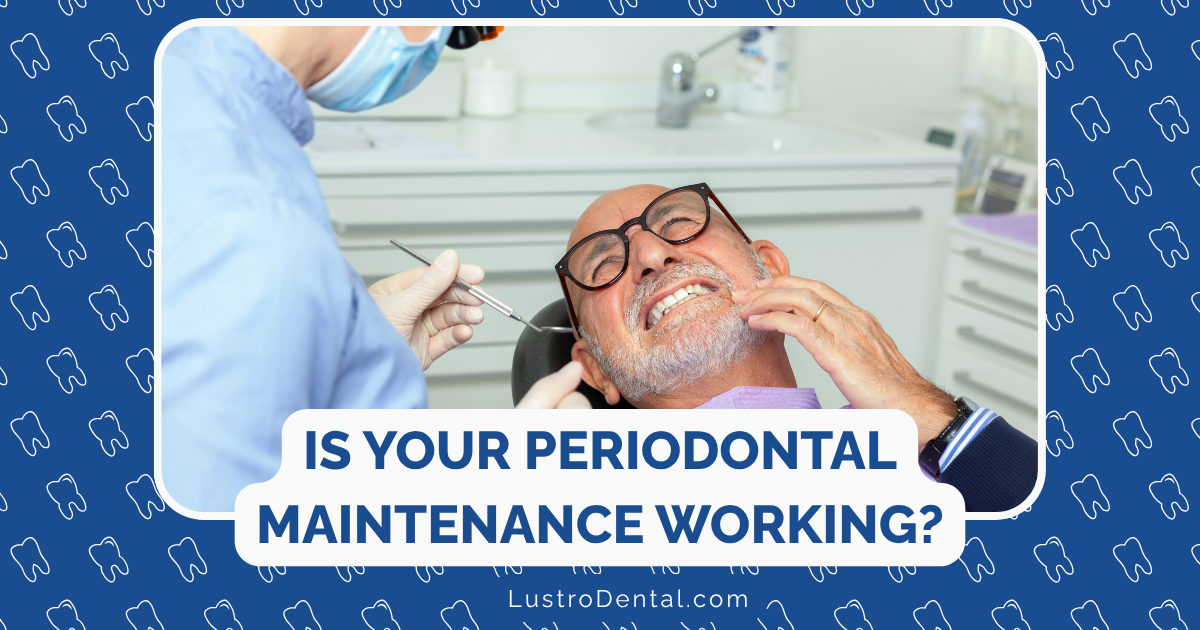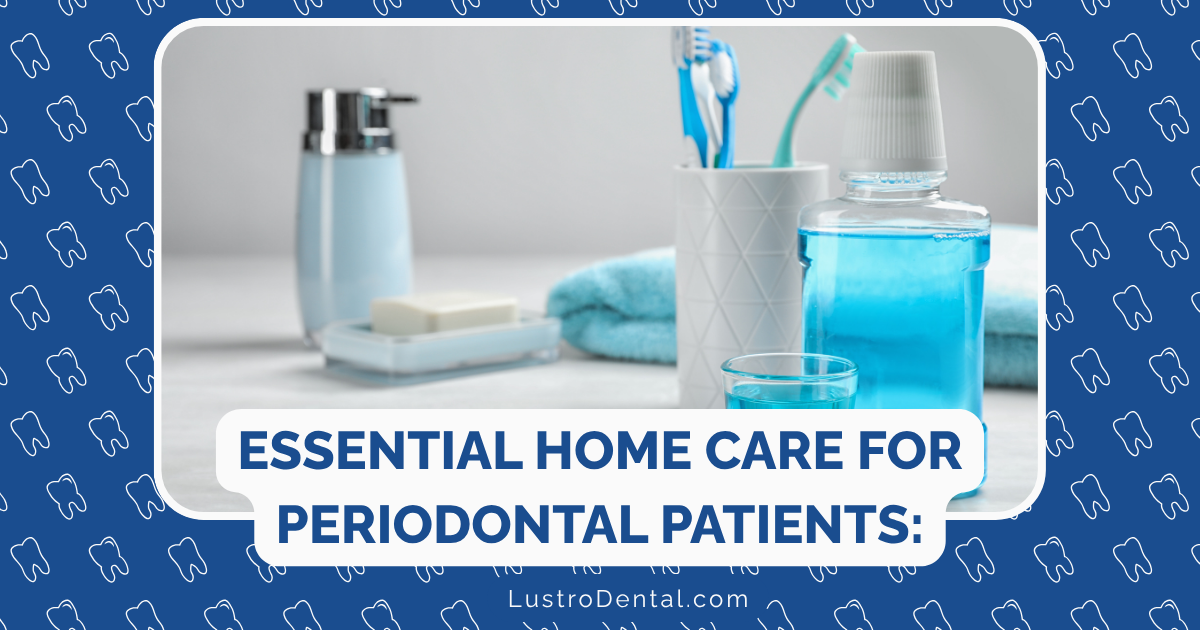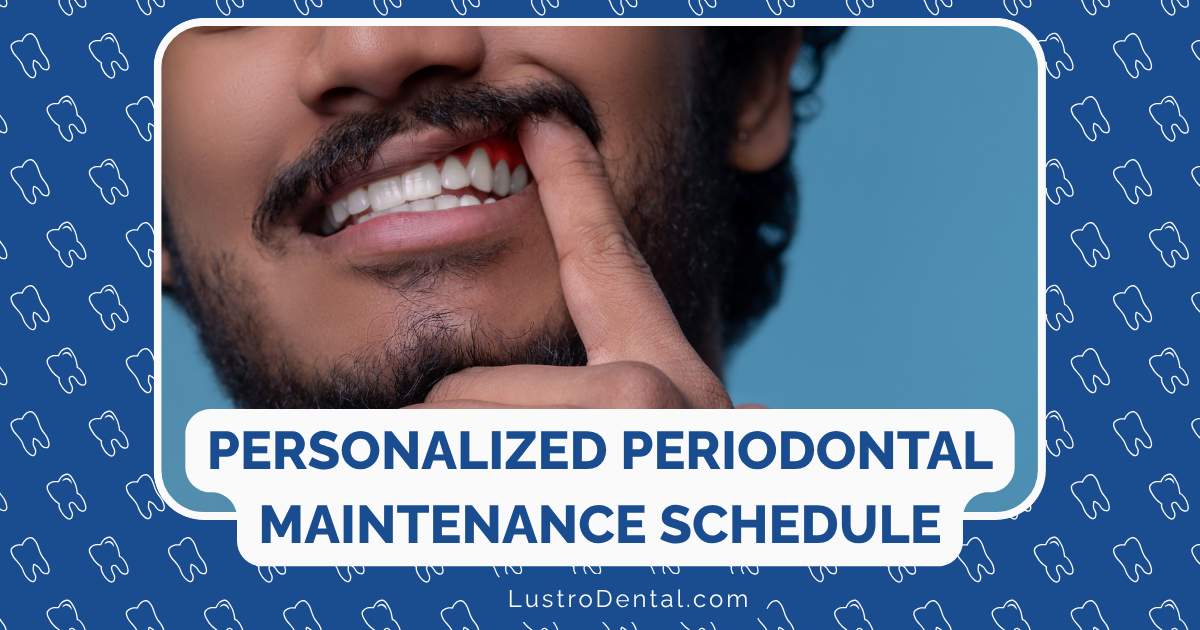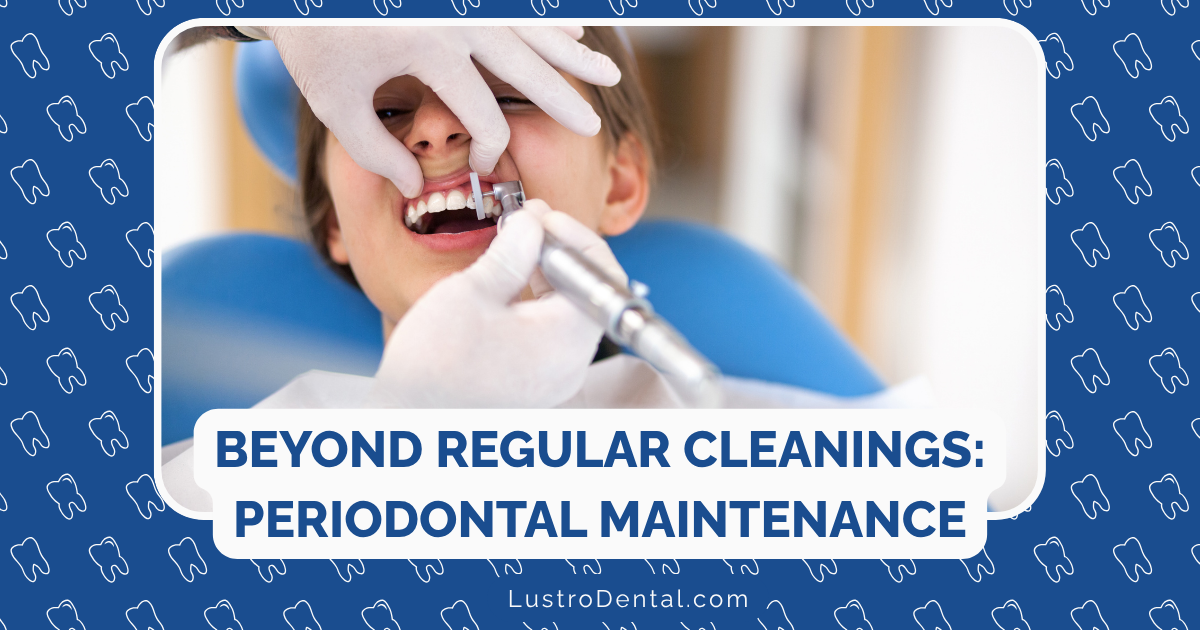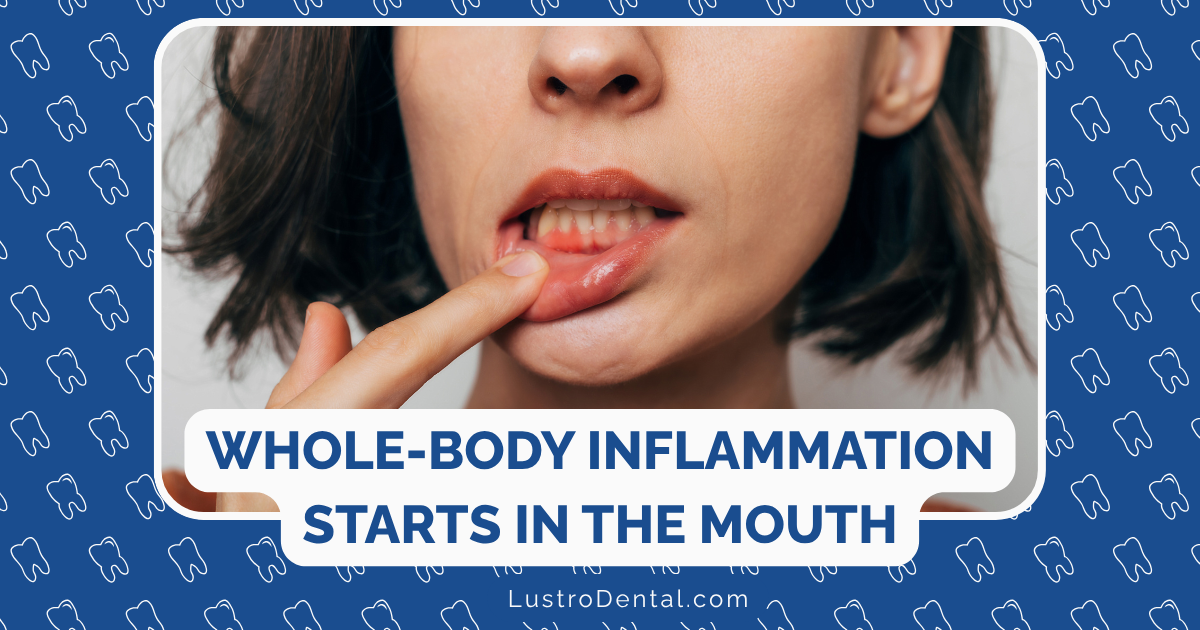The Role of Diet in Gum Health: Anti-Inflammatory Foods That Protect Your Smile
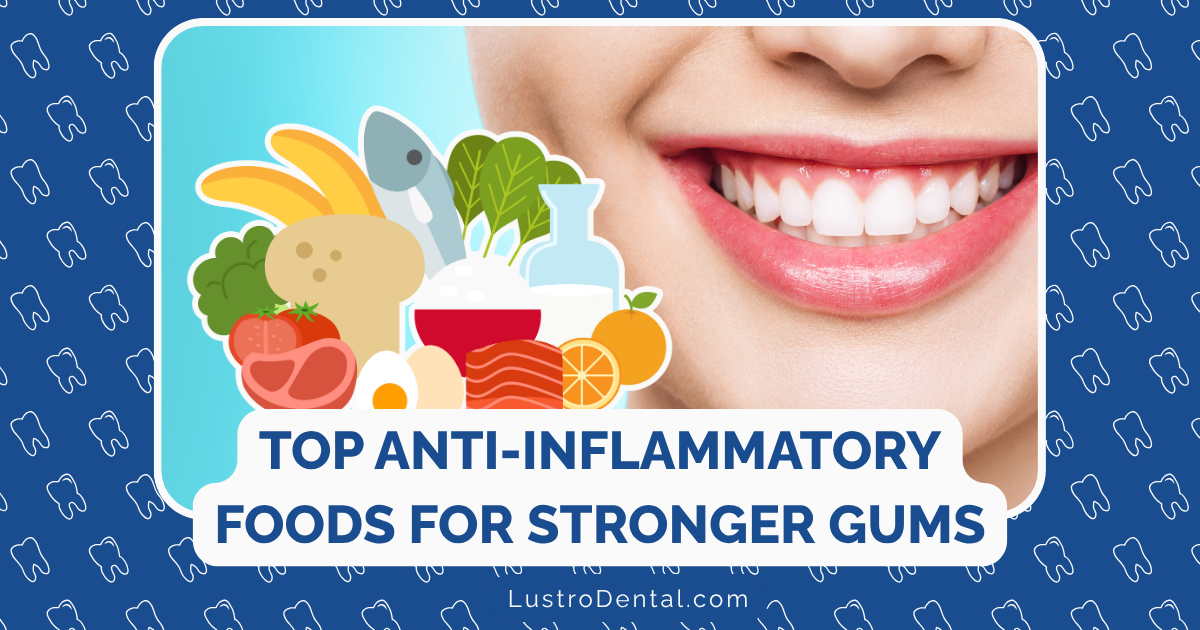
When patients ask me about improving their gum health, they’re often surprised when I start talking about what’s on their plate. While brushing, flossing, and regular dental visits remain the foundation of good oral health, the foods you eat play a crucial—and often overlooked—role in maintaining healthy gums.
Recent research has revealed just how profound the connection between diet and gum health truly is. According to a 2023 study published in PubMed Central, what we eat can either fuel inflammation in our gums or help fight against it. This is particularly important considering that periodontal disease affects nearly half of all American adults over 30, with almost 8% suffering from severe periodontitis.
In this article, I’ll explore how specific nutrients and foods can protect your gums, reduce inflammation, and potentially reverse early signs of gum disease. I’ll also identify the dietary culprits that may be sabotaging your oral health without you realizing it.
Understanding Gum Disease and Inflammation
Before diving into specific foods, it’s helpful to understand what we’re fighting against. Periodontal disease begins with gingivitis—inflammation of the gums characterized by redness, swelling, and bleeding during brushing or flossing. If left untreated, it can progress to periodontitis, where the infection damages the soft tissue and bone supporting your teeth, potentially leading to tooth loss.
At the heart of this process is inflammation. While inflammation is a natural immune response designed to protect your body, chronic inflammation can become destructive, breaking down the tissues that support your teeth.
This is where your diet comes in. Certain foods have powerful anti-inflammatory properties that can help combat gum inflammation, while others can exacerbate it.
Anti-Inflammatory Nutrients for Gum Health
1. Omega-3 Fatty Acids: Nature’s Anti-Inflammatory Powerhouse
Omega-3 fatty acids are renowned for their anti-inflammatory properties throughout the body, including your gums.
How they help your gums:
- Reduce inflammation in gum tissue
- Help manage existing periodontal disease
- Support the body’s natural healing processes
- May decrease the depth of periodontal pockets
A 2020 review found significant improvements in periodontal disease measures among those taking omega-3 supplements. Another study showed that regular consumption of fatty fish was linked to reduced gingival inflammation and periodontal pockets.
Best food sources:
- Fatty fish (salmon, mackerel, sardines, trout)
- Flaxseeds and chia seeds
- Walnuts
- Algal oil (plant-based alternative)
Practical tip: Aim to eat fatty fish at least twice a week or consider incorporating ground flaxseeds into your daily diet if you follow a plant-based diet.
2. Vitamin C: The Gum Guardian
Vitamin C plays a crucial role in collagen production, which is essential for maintaining the integrity of your gum tissue.
How it helps your gums:
- Strengthens blood vessels and connective tissues
- Accelerates wound healing
- Reduces gum bleeding and inflammation
- Fights bacterial infections
A 2019 review found that individuals with lower blood levels of vitamin C were more likely to develop gum disease. In fact, severe vitamin C deficiency can lead to scurvy, which is characterized by bleeding gums.
Best food sources:
- Citrus fruits (oranges, grapefruits)
- Strawberries and kiwi
- Bell peppers
- Broccoli and Brussels sprouts
- Tomatoes
Practical tip: Include at least one vitamin C-rich food in each meal. For example, add bell peppers to your morning omelet, enjoy an orange as a midday snack, and include broccoli with dinner.
3. Antioxidants: Combatting Oxidative Stress
Antioxidants help combat oxidative stress and neutralize free radicals that can damage gum tissue.
How they help your gums:
- Reduce inflammation
- Protect gum tissue from oxidative damage
- Support overall immune function
- May help prevent bacterial growth
Best food sources:
- Berries (blueberries, strawberries, blackberries)
- Dark chocolate (70% cocoa or higher)
- Green tea
- Colorful vegetables (especially purple, red, and orange varieties)
- Nuts and seeds
Practical tip: Green tea deserves special mention for gum health. According to a study highlighted by Clinica Pronova, green tea contains catechins with antioxidant properties that are 100 times more potent than vitamin C and specifically protect periodontal tissues.
4. Vitamin D and Calcium: The Foundation for Strong Teeth and Gums
Vitamin D and calcium work together to support bone health, including the alveolar bone that holds your teeth in place.
How they help your gums:
- Maintain bone density in the jaw
- Support immune function
- May reduce gum inflammation
- Help with calcium absorption (vitamin D)
A 2023 study found that vitamin D administration negatively correlated with gingival index scores, indicating reduced gum inflammation. Multiple studies have found lower blood levels of vitamin D in individuals with periodontal disease compared to those with healthy gums.
Best food sources for calcium:
- Dairy products (milk, yogurt, cheese)
- Fortified plant milks
- Leafy greens (kale, collard greens)
- Sardines (with bones)
- Tofu (made with calcium sulfate)
Best food sources for vitamin D:
- Fatty fish (salmon, mackerel)
- Egg yolks
- Mushrooms exposed to UV light
- Fortified foods (some milks, cereals)
Practical tip: Vitamin D is difficult to obtain solely from food. Consider spending 10-15 minutes in the sun a few times a week (without sunscreen) to boost your vitamin D levels naturally, or talk to your healthcare provider about supplementation.
5. Probiotics: Balancing Your Oral Microbiome
Your mouth, like your gut, has its own microbiome—a community of bacteria that can either support or harm your oral health.
How they help your gums:
- Crowd out harmful bacteria
- Reduce plaque formation
- Decrease gum inflammation
- May help prevent bad breath
A study cited by Healthline found that individuals with periodontitis who took a probiotic lozenge showed greater reductions in harmful bacteria compared to those who did not.
Best food sources:
- Yogurt (unsweetened)
- Kefir
- Sauerkraut
- Kimchi
- Kombucha
- Miso
Practical tip: Look for dairy products that specifically mention “live active cultures” on the label, and choose unsweetened varieties to avoid added sugars that can harm your teeth.
6. Coenzyme Q10: The Gum Tissue Energizer
Coenzyme Q10 (CoQ10) is concentrated in the gums and has potent antioxidant and anti-inflammatory properties.
How it helps your gums:
- Provides energy for cell growth and repair
- Reduces gum inflammation
- Supports healing of damaged gum tissue
- May improve outcomes of conventional periodontal treatment
A systematic review and meta-analysis from 2022 found that CoQ10 use in combination with scaling and root planing could improve periodontitis. Another study showed significant reductions in gum inflammation in those taking CoQ10 alongside dental treatment.
Best food sources:
- Fatty fish (salmon, tuna)
- Organ meats (liver)
- Whole grains
- Spinach
- Broccoli
- Nuts and seeds
Practical tip: While CoQ10 can be found in foods, the amounts are relatively small. For therapeutic effects, supplements may be more effective. Consult with your healthcare provider before starting any supplement regimen.
Creating an Anti-Inflammatory Diet for Gum Health
Now that we’ve covered the key nutrients, let’s look at how to incorporate them into a comprehensive anti-inflammatory eating plan that supports gum health.
The Mediterranean Diet: A Model for Gum Health
Multiple studies have shown that the Mediterranean diet can significantly improve gum health. According to a randomized controlled trial cited in PMC, adherence to a Mediterranean diet for just 6 weeks led to significant improvements in gingival inflammatory parameters without changes in dental bacterial plaque scores.
Key components of the Mediterranean diet for gum health:
- Abundant plant foods: Fruits, vegetables, legumes, and nuts provide antioxidants, vitamins, and minerals that combat inflammation.
- Olive oil as the primary fat source: Rich in polyphenols and monounsaturated fats with anti-inflammatory properties.
- Moderate consumption of fish: Provides omega-3 fatty acids that reduce inflammation.
- Limited intake of red meat: Reduces pro-inflammatory compounds in the diet.
- Moderate consumption of dairy: Provides calcium for strong teeth and bones.
Sample Day on an Anti-Inflammatory Diet for Gum Health
Breakfast:
- Greek yogurt with berries, walnuts, and a drizzle of honey
- Green tea
Lunch:
- Mediterranean salad with leafy greens, cherry tomatoes, cucumber, olives, and feta cheese
- Olive oil and lemon dressing
- Whole grain bread
Snack:
- Orange or kiwi slices
- Small handful of almonds
Dinner:
- Grilled salmon with garlic and herbs
- Steamed broccoli and bell peppers
- Quinoa
Evening:
- Unsweetened green tea or chamomile tea
Foods to Avoid: The Pro-Inflammatory Culprits
Just as some foods can fight inflammation, others can promote it. According to a 2024 study in Nature, certain dietary patterns can significantly increase your risk of periodontal disease.
1. Added Sugars and Refined Carbohydrates
Why they harm your gums:
- Feed harmful bacteria in the mouth
- Promote plaque formation
- Increase acid production that damages enamel
- Contribute to systemic inflammation
Common sources to limit:
- Sugary beverages (soda, sports drinks, fruit juices)
- Candy and desserts
- White bread and pasta
- Pastries and baked goods
- Hidden sugars in sauces and dressings
Startling fact: The average American consumes approximately 68 grams (17 teaspoons) of added sugar daily, far exceeding the American Heart Association’s recommendation of less than 36 grams for men and 25 grams for women.
2. Highly Acidic Foods and Beverages
Why they harm your gums:
- Erode tooth enamel
- Create an environment where harmful bacteria thrive
- Can irritate already inflamed gum tissue
Common sources to limit:
- Carbonated beverages (even sugar-free varieties)
- Citrus fruits and juices (consume in moderation)
- Coffee and tea (especially when sweetened)
- Alcohol
- Vinegar-based foods
Practical tip: If you do consume acidic foods or beverages, rinse your mouth with water afterward and wait at least 30 minutes before brushing to avoid damaging softened enamel.
3. Processed Foods with Trans Fats and Omega-6 Fatty Acids
Why they harm your gums:
- Promote systemic inflammation
- Disrupt the balance of healthy fats in the body
- Often contain hidden sugars and additives
Common sources to limit:
- Fried foods
- Processed snack foods
- Margarine and shortening
- Commercial baked goods
- Processed meats
Research insight: A study published in PMC found that the ratio of omega-6 to omega-3 fatty acids is critical, with a high ratio associated with increased inflammatory processes linked to periodontal disease.
Special Considerations for Those with Active Gum Disease
If you’re currently dealing with gingivitis or periodontitis, dietary changes can complement your dental treatment plan.
During Active Inflammation
Focus on:
- Soft, nutrient-dense foods that don’t require much chewing
- Extra vitamin C to support healing
- Omega-3 rich foods to reduce inflammation
- Adequate protein for tissue repair
- Staying well-hydrated
Avoid:
- Very hot or cold foods that may trigger sensitivity
- Crunchy or hard foods that could irritate gums
- Spicy foods that may cause discomfort
- Acidic foods that can increase sensitivity
After Periodontal Treatment
Focus on:
- Continued anti-inflammatory foods to support healing
- Vitamin A and zinc-rich foods to support tissue repair
- Probiotic foods to reestablish a healthy oral microbiome
- Coenzyme Q10-rich foods to energize healing tissues
The Bigger Picture: Diet, Gum Health, and Systemic Wellness
The connection between gum health and overall wellness is bidirectional. Poor gum health can contribute to systemic inflammation, potentially increasing the risk of conditions like heart disease, diabetes, and even cognitive decline. Similarly, a diet that promotes gum health also supports overall health.
According to research published in News Medical, a longitudinal study from Finland analyzed data from over 3,300 individuals, linking gum health, dietary patterns, and systemic inflammation over an 11-year period. The findings underscore the importance of integrating nutritional guidance into periodontal care.
Practical Tips for Implementing Dietary Changes
Changing your diet can be challenging, but these practical tips can help you successfully incorporate more gum-friendly foods:
- Start with small changes: Add one anti-inflammatory food to each meal before eliminating problematic foods.
- Shop the perimeter of the grocery store: This is where you’ll find fresh produce, lean proteins, and dairy products rather than processed foods.
- Prepare snack packs: Cut up vegetables and portion nuts into grab-and-go containers to make healthy snacking easier.
- Experiment with herbs and spices: Many, like turmeric, ginger, and cinnamon, have anti-inflammatory properties and can make healthy foods more flavorful.
- Stay hydrated: Water helps wash away food particles and bacteria while supporting saliva production, your mouth’s natural defense system.
- Consider a food journal: Track how dietary changes affect your gum health, noting any improvements in bleeding, sensitivity, or inflammation.
Conclusion: Nourishing Your Smile from Within
While no diet can replace good oral hygiene practices and regular dental care, the foods you eat can significantly impact your gum health. By embracing an anti-inflammatory diet rich in omega-3 fatty acids, vitamins C and D, antioxidants, and probiotics—while limiting sugars, acids, and processed foods—you’re providing your gums with the nutritional support they need to stay healthy.
Remember that consistency is key. The occasional indulgence won’t derail your gum health, but your daily dietary patterns make the biggest difference. Think of each meal as an opportunity to nourish not just your body, but your smile as well.
Your gums reflect your overall health, and the right diet can help them—and you—thrive.
Have you noticed improvements in your gum health after changing your diet? Share your experience in the comments below!


